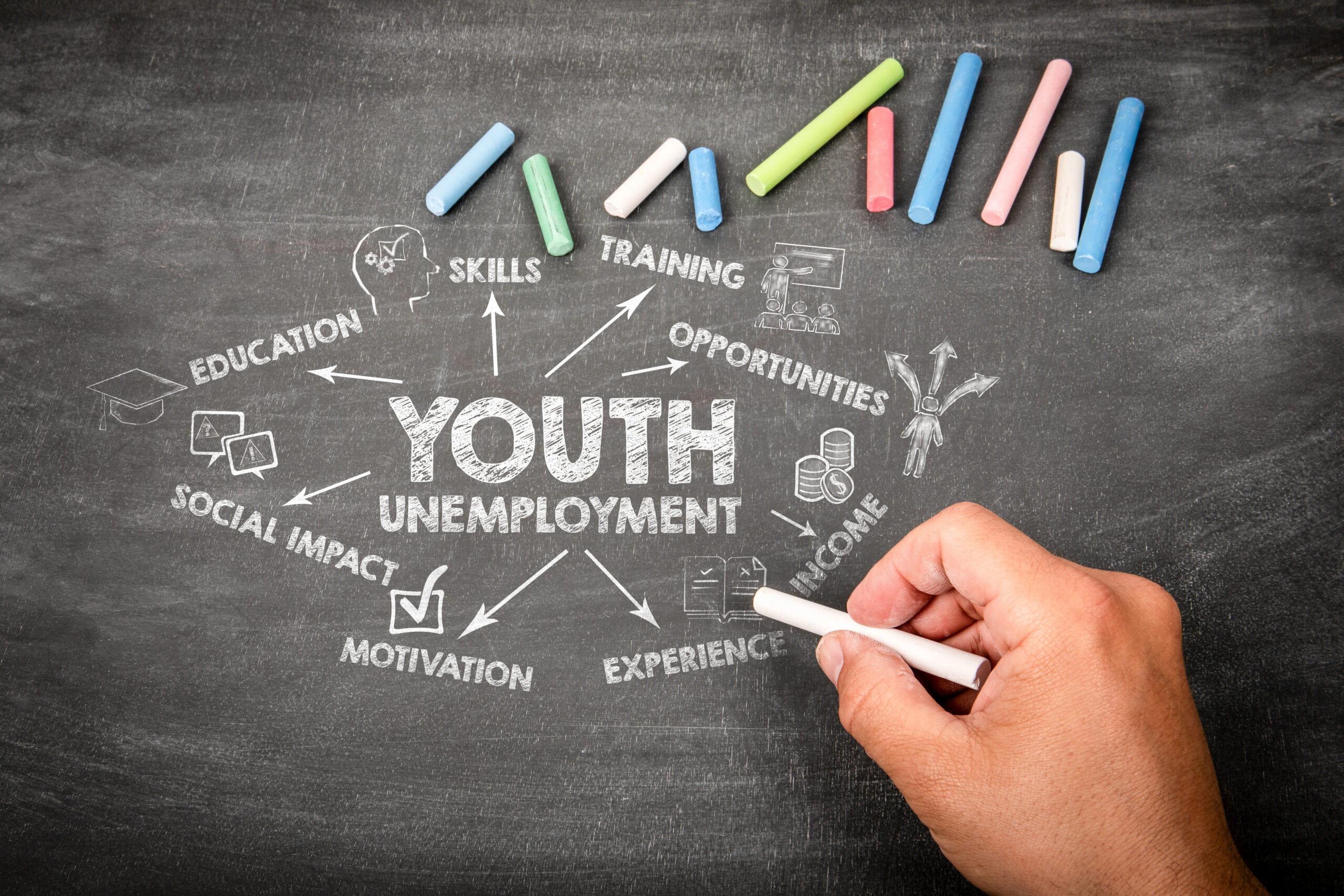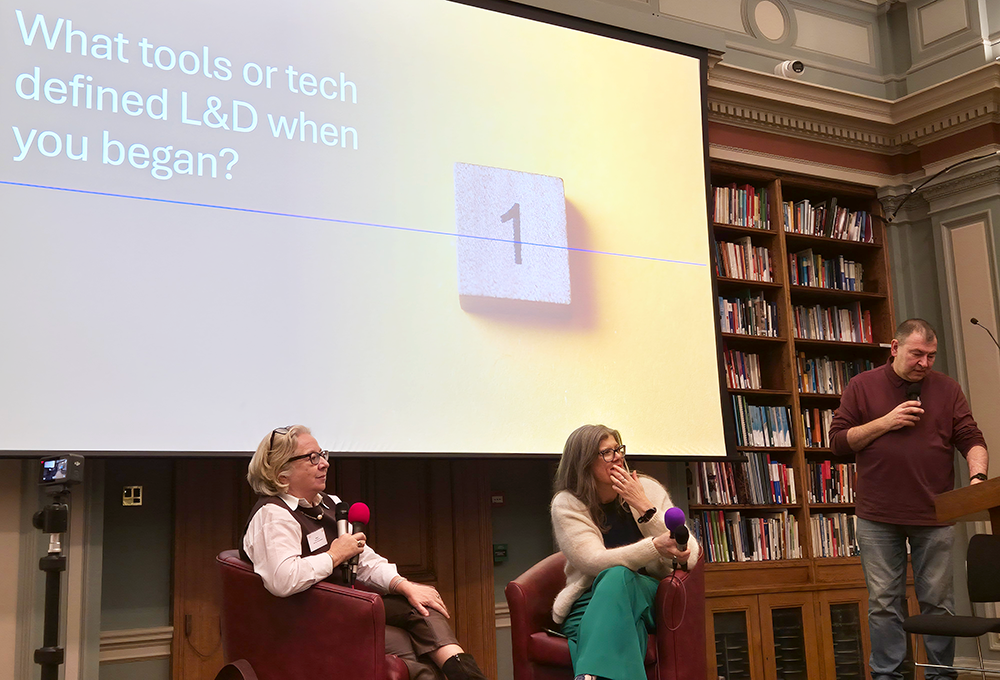Ahead of IET’s event, we ask a few experts about the importance of diversity and inclusion in engineering.
We all know that we perform better when we can be ourselves at work. Unfortunately, for many people, that isn’t always the case. A recent report by BIMA into Inclusion and Diversity in Tech reported that diverse employees working in STEM organisations experienced higher levels of stress and poor mental health, and faced more discrimination in their careers.
This November, the Institution of Engineering and Technology are bringing experts together to talk about Engineering Diversity and Inclusion, why it matters so much to both individual and corporate performance, and what engineering and technology organisations can do to increase the diversity of their teams.
The two days will cover all kinds of issues, including overcoming unconscious bias, making the recruitment and retention process inclusive and aligning your diversity and inclusion policy to your business goals, as well as more specialist issues such as tackling ageism and sexism, making sure you are disability-smart and promoting mental wellness at work.
Transforming equality and diversity in business will be achieved better and faster by men and women working together in partnership, with strong top-down leadership essential to drive sustainable commitment.
Riad Mannan from the IET’s Diversity and Inclusion Committee, explained why a platform around these issues is both timely and important:
“The event will provide a platform for recruiters and HR professionals to not only discuss specific challenges, but to walk away with customised solutions. Supported by the Association for Black and Minority Ethnic Engineers, Equate Scotland, Primary Engineer and Dyslexia Scotland, the event will also enable all STEM stakeholders to network and share best practice ideas.”
Ahead of the conference on 7- 8 November, we caught up with some of the speakers and workshop leaders to share their top advice to individuals and organisations.
What’s your top tip for engineering and HR managers wanting to widen the diversity of their engineering teams
Aileen O’Hagan: Pay attention to work place culture. Who would want to work in this team? Are employees able to come to work, be themselves and communicate openly to their employer about all aspects of their life from work to family and health?
Yetunde Adediran: Show that you value your employees and they’ll be more satisfied and likely to stay in their jobs. In particular, an inclusive organisation – that values everyone – helps to increase productivity in people suffering with mental health issues.
Ollie Folayan: One way to impact recruitment and retention is spending time with students while they are at university enabling them access to engineers working on real projects. It can be quite a steep learning curve starting out in industry especially if you are from one of the under-represented groups in engineering.
Lynne Cadenhead: For too often and for too long, gender equality has been the business of women. This needs to change. Transforming equality and diversity in business will be achieved better and faster by men and women working together in partnership, with strong top-down leadership essential to drive sustainable commitment.
Alan Cameron: We need to recruit enough engineers and technicians from diverse backgrounds in the first instance, to let young people up and down the country meet or see appropriate role models who match a wide variety of backgrounds.
Lorna Bennet: Early STEM engagement is vital to grow science capital and inspire the next generation to consider a career in engineering through different activities, careers education and work experience opportunities. It is important for companies to work together with schools from a variety of backgrounds, including non-traditional, under-represented and currently not engaged in STEM activities, as the ASPIRES Reports show that “careers education is not currently reaching those most in need of it”.
A recurring theme in the news is that people tend to hire people similar to themselves. How can HR teams help recruiting managers break the mould?
Mamta Singhal: Focus on recruiting based on academic ability, experience and international background are some of the key drivers. By simply recruiting those who are similar to you will only generate similar results and within the innovative world of engineering this isn’t the best strategy. Engineering is a diverse profession, so it is essential that there is a diverse and inclusive workforce otherwise your competition will take hold and good people will leave to join more dynamic and forward-thinking firms.
Aileen O’Hagan: Remember that success comes from diversity of thought, skills and experience and when we hire in our own image we miss out on valuable talent, new perspectives and the potential to change.
Why does engineering have a diversity and inclusion problem?
Douglas Morrison: Engineering in the UK is a traditionally white, male-dominated industry and a wide range of factors such as societal perceptions, stereotypes and parental influence contribute to an industry which lacks diversity. Creating a more diverse workforce requires a collective and coordinated effort to present an alternative view of engineering careers, alongside meaningful investment in workplace inclusivity.
Yasmeen Hussain: As a Scottish Pakistani Muslim female, I’d say that the profession has to recognise that diversity and inclusion extends beyond gender. In 1996 I started my career as an engineer; two decades later I continue to seek role models from minority ethnic backgrounds in engineering, talking about their personal and professional journeys with enthusiasm.
Our experts
 Yetunde Adediran, Founder and Computer Scientist at OpenVirtualSTEM
Yetunde Adediran, Founder and Computer Scientist at OpenVirtualSTEM
 Lorna Bennet, Mechanical Design Engineer, Offshore Renewable Energy Catapult, and 2018 WES Prize winner
Lorna Bennet, Mechanical Design Engineer, Offshore Renewable Energy Catapult, and 2018 WES Prize winner
 Professor Lynne Cadenhead, Visiting Professor in Governance and Enterprise Edinburgh Napier University and the Chair of Women’s Enterprise Scotland
Professor Lynne Cadenhead, Visiting Professor in Governance and Enterprise Edinburgh Napier University and the Chair of Women’s Enterprise Scotland
 Sergeant Alan Cameron, Specialist Engagement Team Scotland and Northern Ireland, RAF
Sergeant Alan Cameron, Specialist Engagement Team Scotland and Northern Ireland, RAF
 Ollie Folayan, Chair of AFBE-UK Scotland
Ollie Folayan, Chair of AFBE-UK Scotland
 Yasmeen Hussain, Education Enhancement Team, University of the West of Scotland
Yasmeen Hussain, Education Enhancement Team, University of the West of Scotland
 Douglas Morrison, Director of the Scottish Institute of Innovation and Knowledge Exchange
Douglas Morrison, Director of the Scottish Institute of Innovation and Knowledge Exchange
 Aileen O’Hagan, Industry Recruitment Coordinator at Equate Scotland
Aileen O’Hagan, Industry Recruitment Coordinator at Equate Scotland
 Mamta Singhal, International Chartered Design Engineer and Women’s Engineering Society Prize winner 2007
Mamta Singhal, International Chartered Design Engineer and Women’s Engineering Society Prize winner 2007
The IET’s Engineering Diversity and Inclusion Conference takes place 7-8 November in Glasgow. Find out more at theiet.org/diversity




